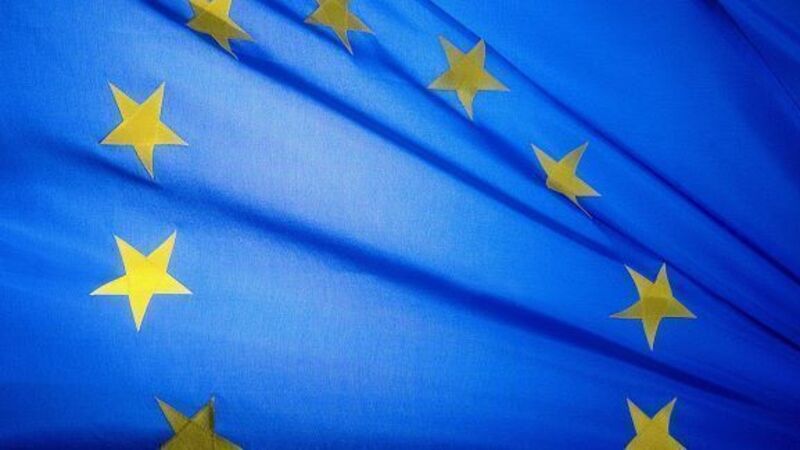Trade deal is a vested-interest juggernaut

The Transatlantic Trade and Investment Partnership is a free trade agreement being negotiated between the EU and the US, which, between them, have 40% of world GDP and a daily trade worth €2bn.
Try from €1.50 / week
SUBSCRIBEWhat is TTIP?
The Transatlantic Trade and Investment Partnership is a free trade agreement being negotiated between the EU and the US, which, between them, have 40% of world GDP and a daily trade worth €2bn.
Already a subscriber? Sign in
You have reached your article limit.
Annual €130 €80
Best value
Monthly €12€6 / month
Introductory offers for new customers. Annual billed once for first year. Renews at €130. Monthly initial discount (first 3 months) billed monthly, then €12 a month. Ts&Cs apply.
CONNECT WITH US TODAY
Be the first to know the latest news and updates
Newsletter
Sign up to the best reads of the week from irishexaminer.com selected just for you.

Select your favourite newsletters and get the best of Irish Examiner delivered to your inbox
Tuesday, February 17, 2026 - 8:00 AM
Tuesday, February 17, 2026 - 8:00 PM
Tuesday, February 17, 2026 - 10:00 PM
© Examiner Echo Group Limited